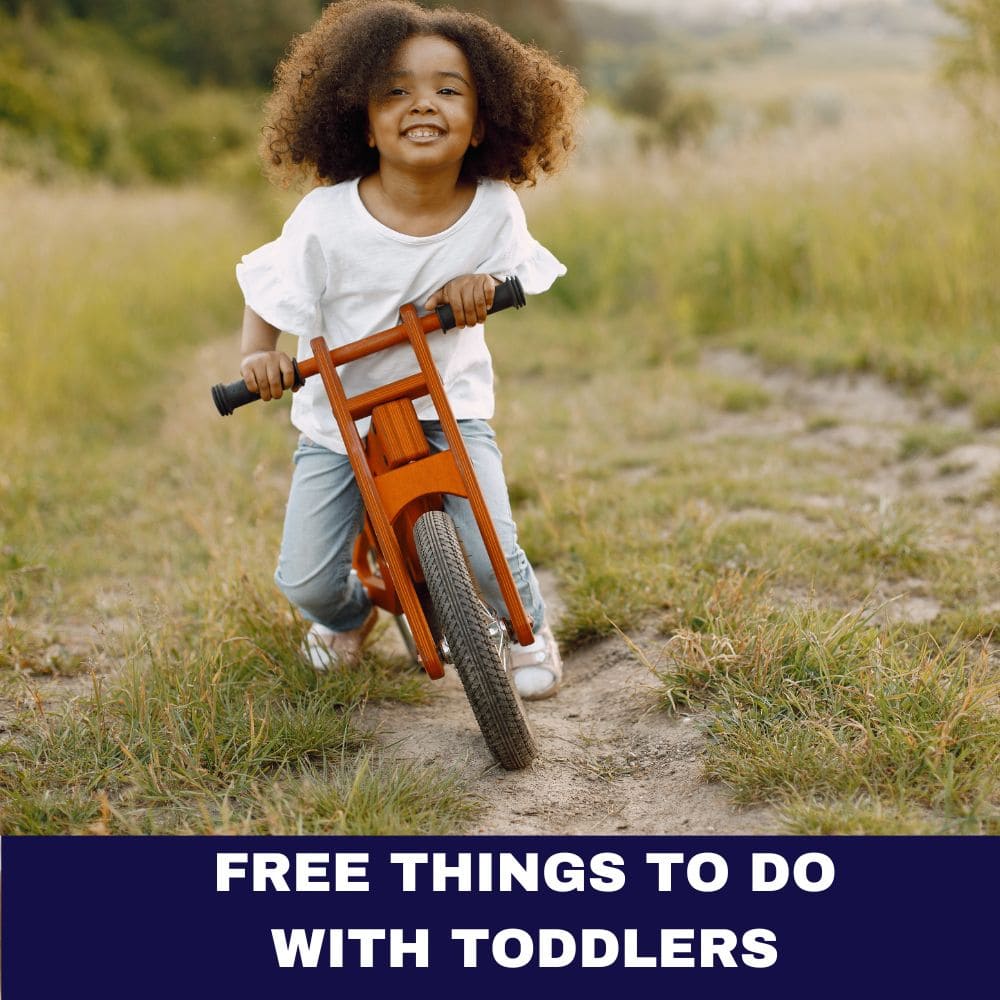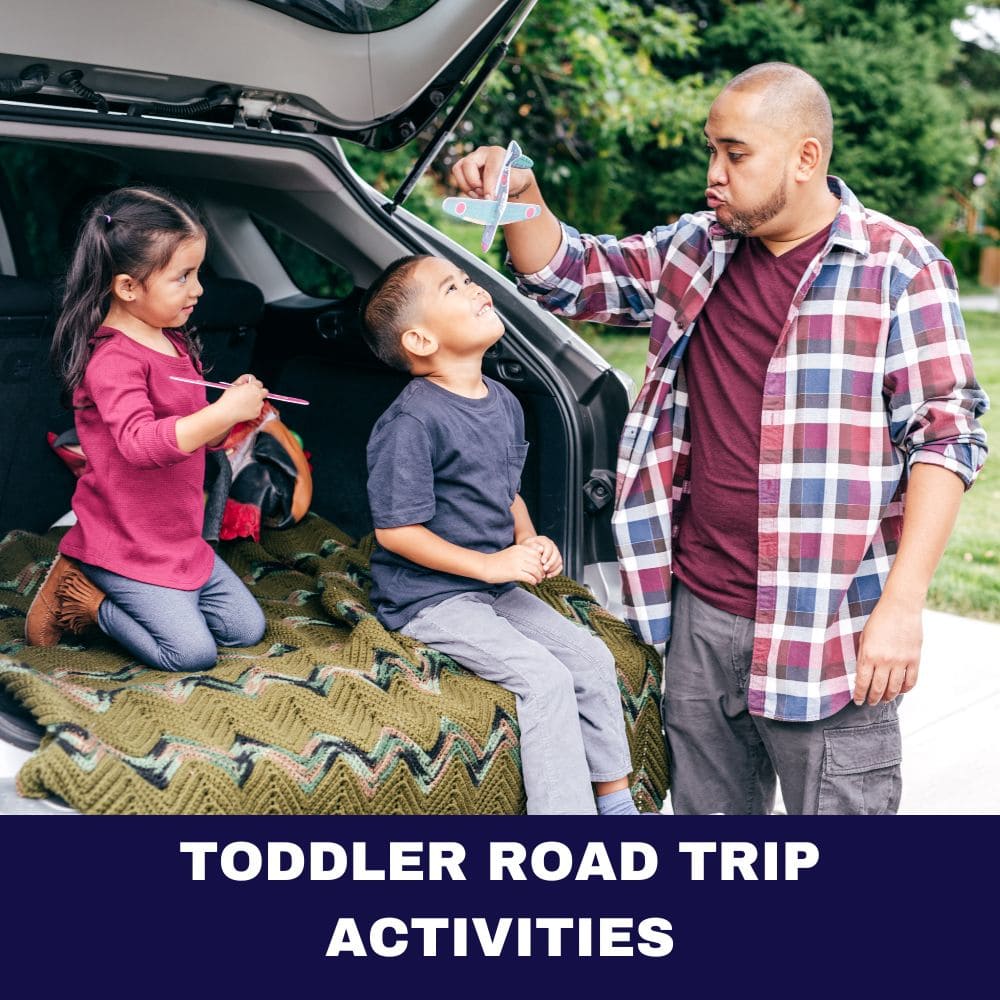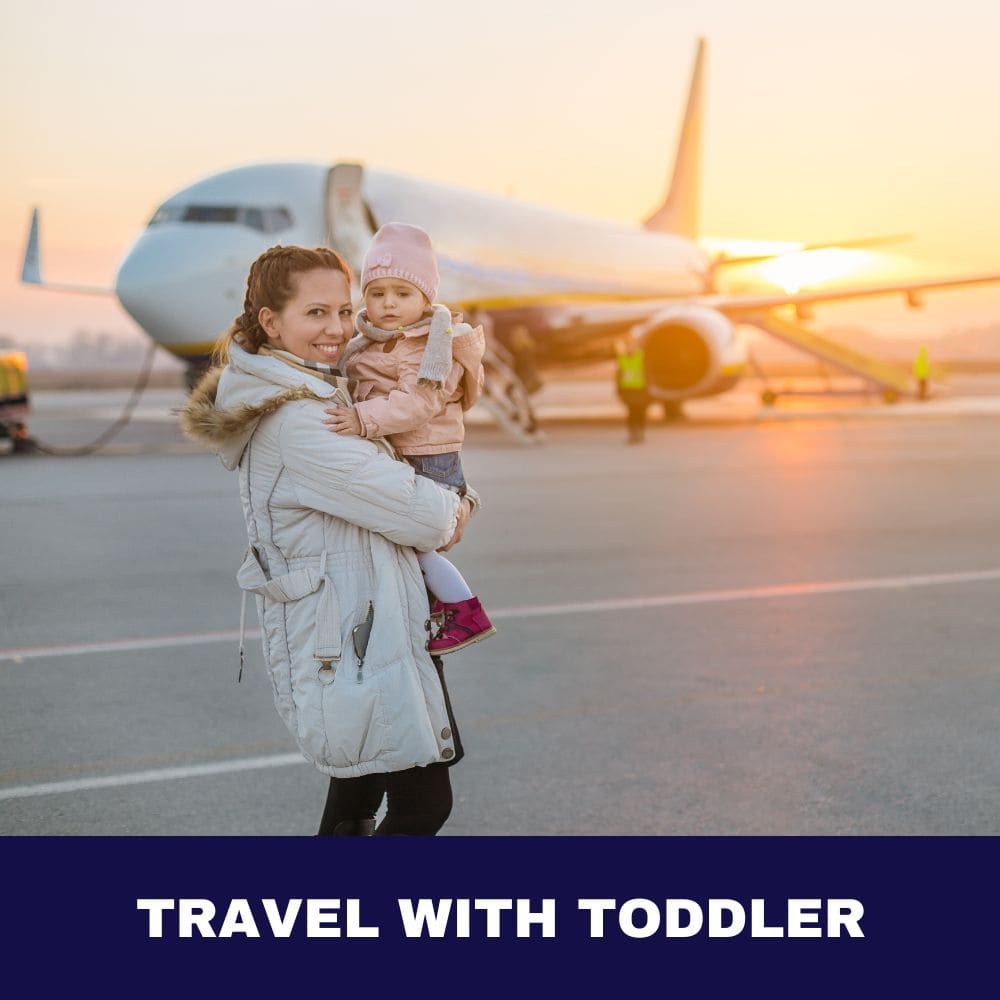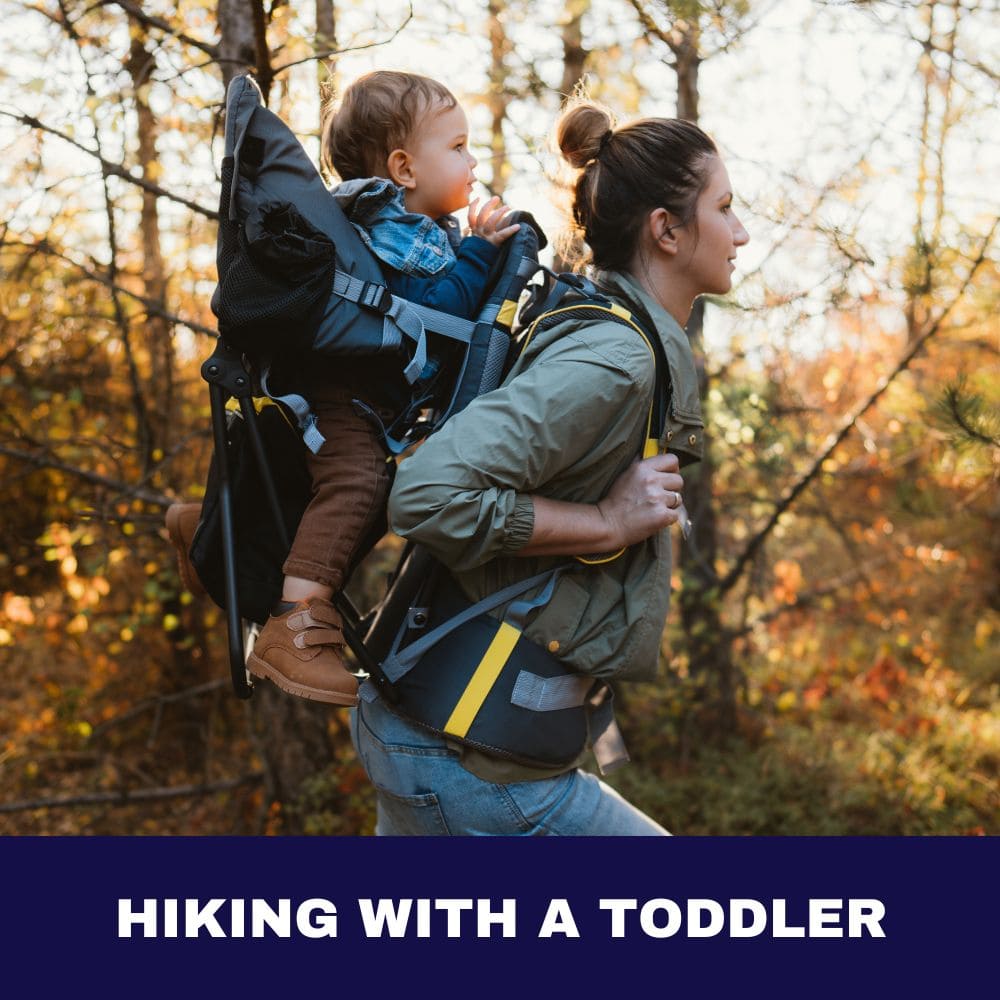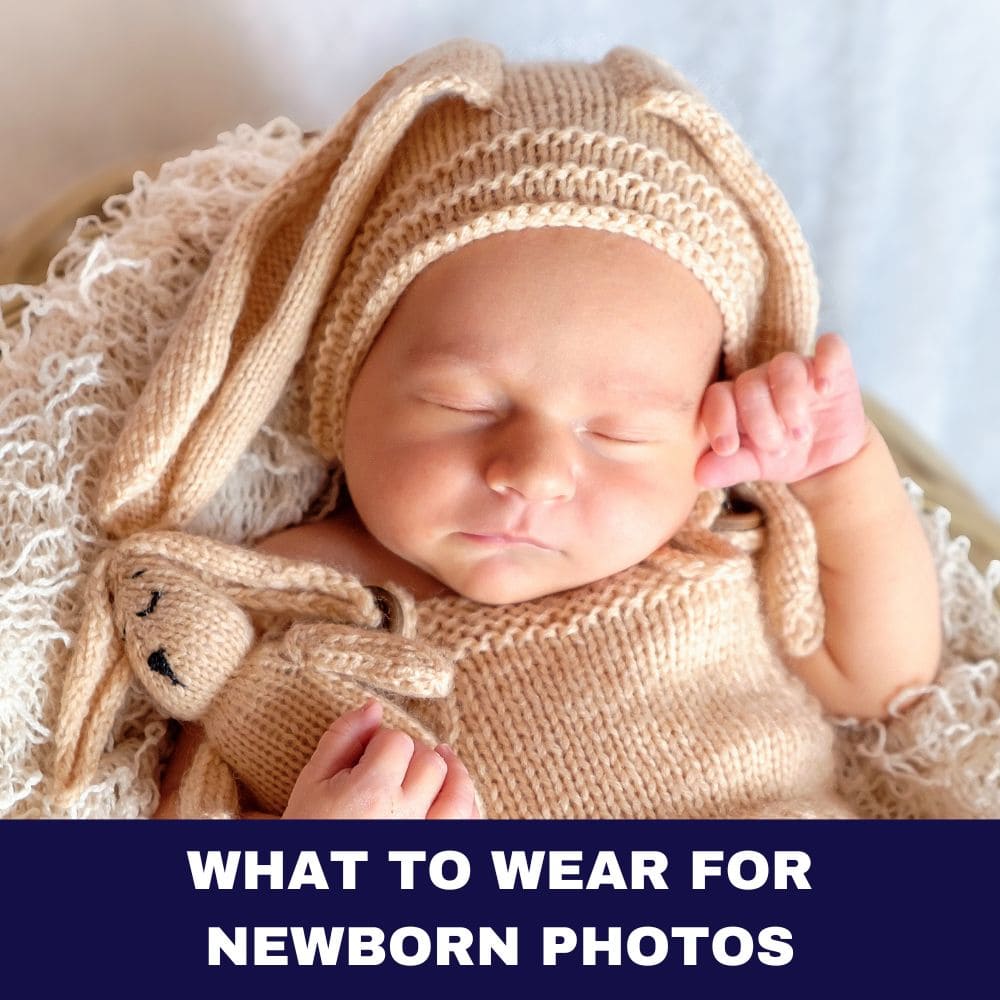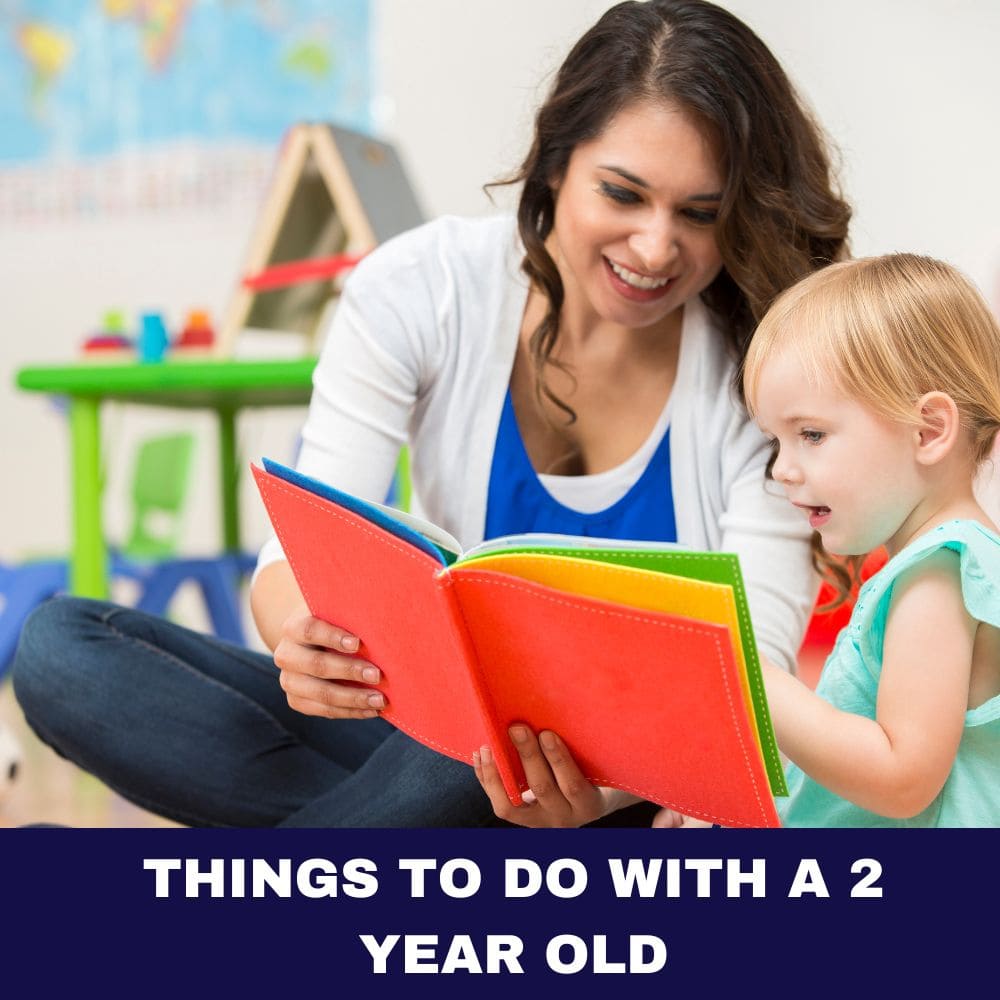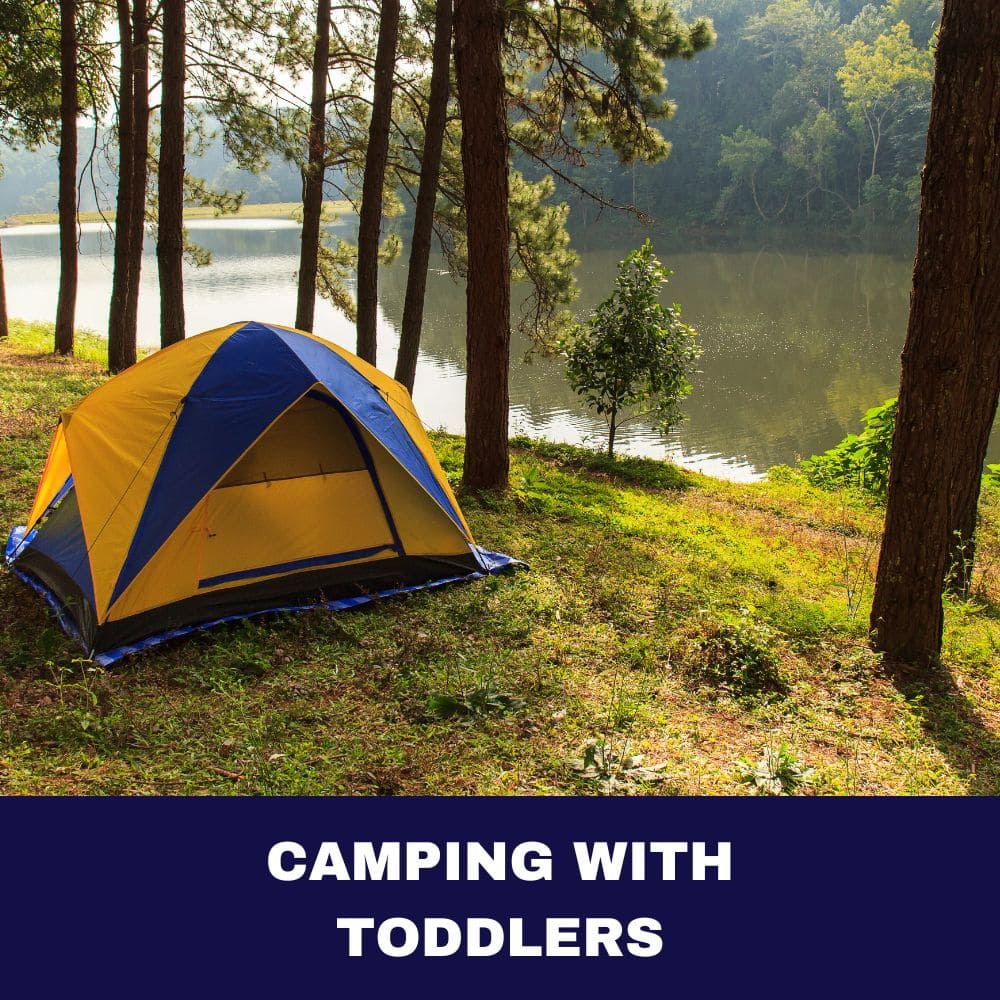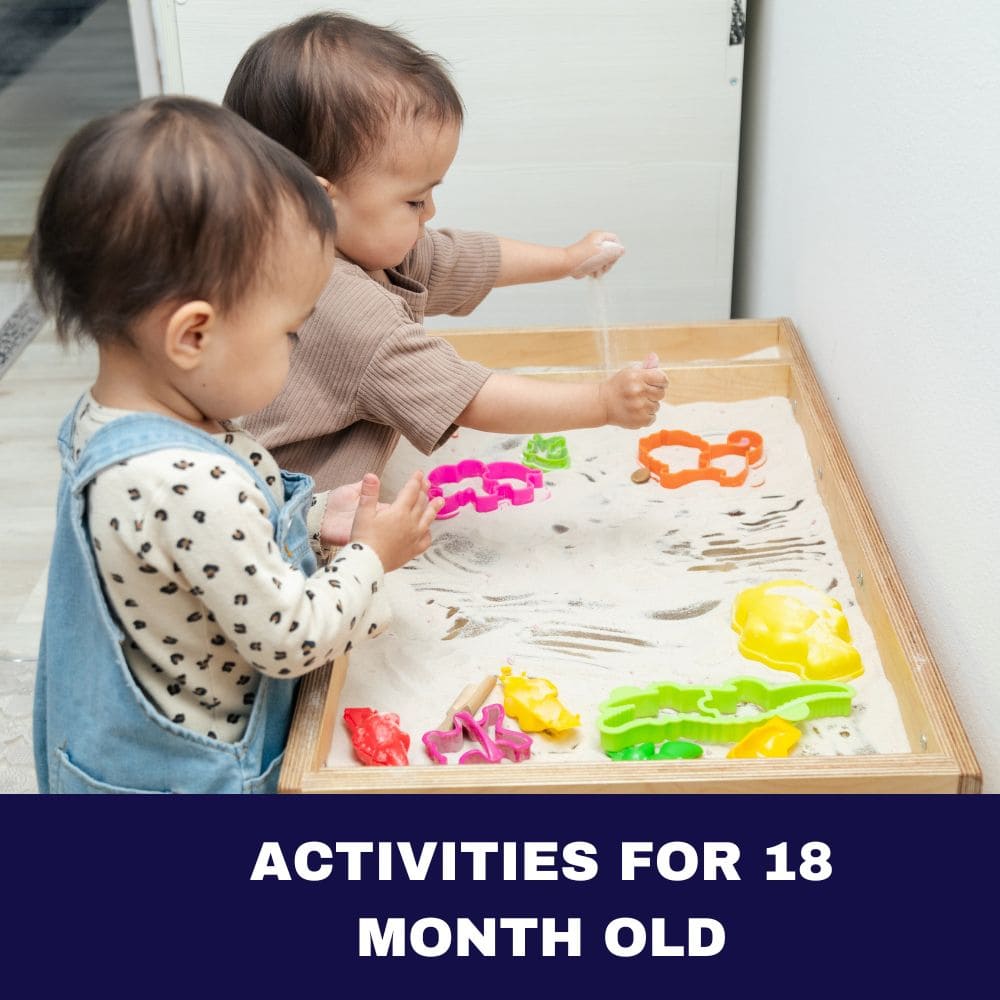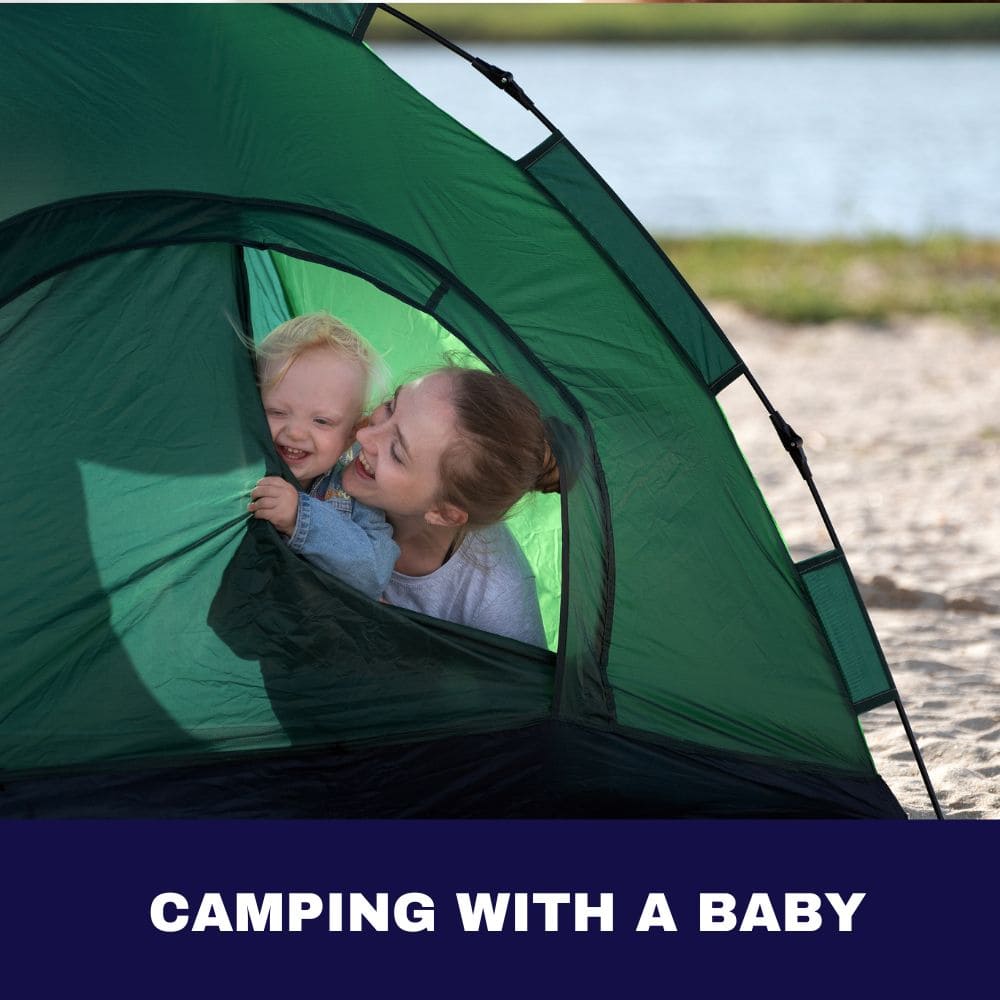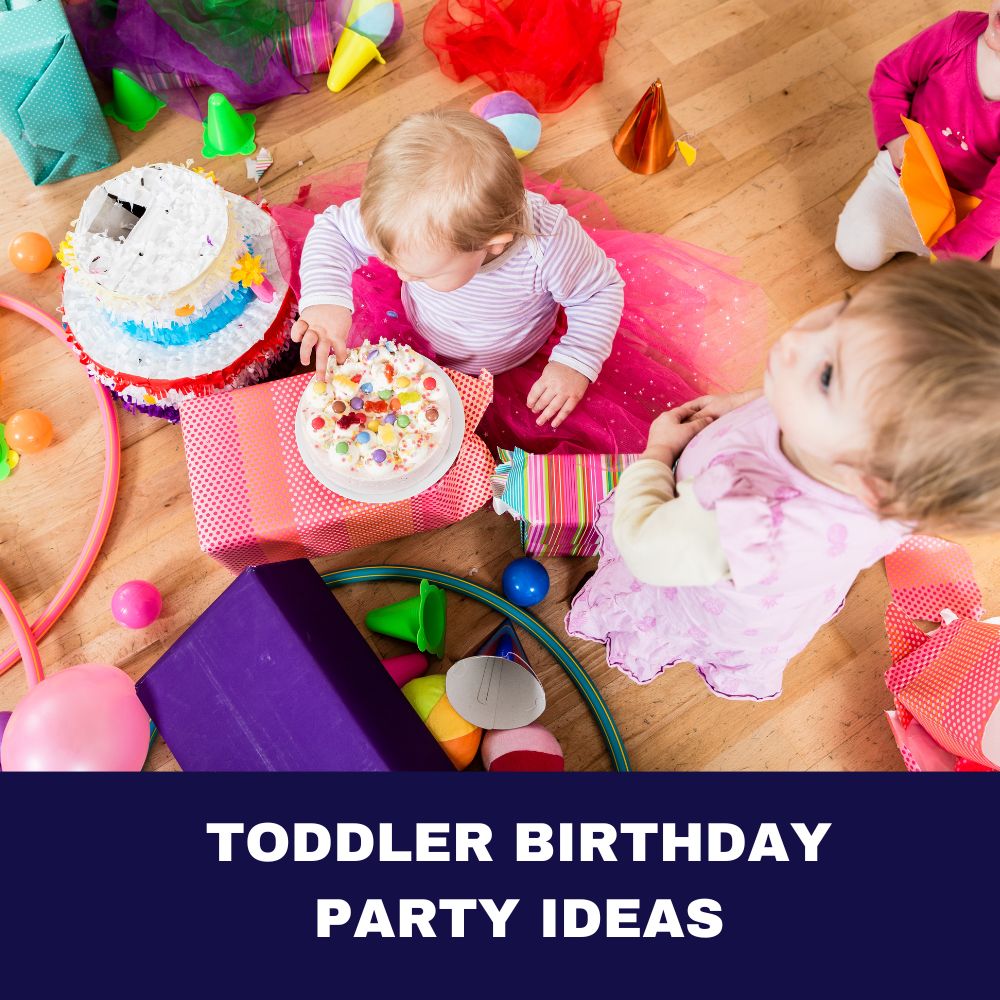There’s nothing quite like the thrill of introducing your newborn to the great outdoors. The fresh mountain air, the soothing sounds of nature, and the opportunity to create lifelong memories as a family – it’s an experience like no other. However, the thought of camping with a tiny human can be daunting, even for seasoned campers. Fear not, fellow adventurers! This comprehensive guide will equip you with the knowledge and confidence to embark on a blissful camping adventure with your little one.

Why Go Camping with a Newborn?
Imagine snuggling up with your precious bundle of joy, surrounded by towering pines and the melodic chirping of birds. Camping with a newborn isn’t just about the adventure; it’s about fostering a deep connection with nature from the earliest days. Studies have shown that exposure to the great outdoors can have numerous benefits for a child’s development, including improved cognitive function, reduced stress levels, and a stronger immune system.
Moreover, camping provides a unique opportunity for quality family time, away from the distractions of everyday life. As you bond over shared experiences, you’ll be creating cherished memories that will last a lifetime. Trust us; there’s nothing quite like watching your little one’s eyes light up as they take in the wonders of the natural world for the first time.
Preparing for the Adventure
Proper preparation is key to ensuring a smooth and enjoyable camping experience with your newborn. Here’s a comprehensive list of essentials you’ll need to pack:
- Tent or camping shelter: Choose a spacious, well-ventilated option with room for a portable crib or bassinet.
- Portable crib or bassinet: Opt for a lightweight, easy-to-assemble model designed for camping.
- Sleeping bags and blankets: Pack plenty of warm, cozy layers for you and your baby.
- Baby carrier or wrap: A hands-free option is essential for hiking and exploring with your little one.
- Diapering supplies: Pack enough diapers, wipes, and changing pads for the duration of your trip, plus extras.
- Feeding supplies: If breastfeeding, bring nursing covers and a comfortable chair or pillow. If bottle-feeding, don’t forget plenty of formula, bottles, and cleaning supplies.
- First-aid kit: Include baby-specific items like digital thermometer, infant pain reliever, and baby-safe sunscreen.
- Toys and books: Bring along familiar comfort items and age-appropriate entertainment for your little one.
- Camping essentials: Don’t forget the basics like a camping stove, cookware, headlamps, and a cooler for food storage.
Pro Tip: Make a comprehensive packing list well in advance, and double-check that you have everything before hitting the road.
| Baby Gear | Quantity | Notes |
|---|---|---|
| Portable Crib/Bassinet | 1 | Look for lightweight, easy-to-assemble options |
| Baby Carrier | 1 | Opt for a supportive, breathable carrier for hiking |
| Diapers | (# of days x 10-12) + extras | Consider disposable and/or cloth options |
| Baby Wipes | 2-3 travel packs | Unscented and sensitive for newborns |
| Changing Pad | 1 | Portable and waterproof |
| Burp Cloths | 6-8 | Lightweight and absorbent |
| Receiving Blankets | 4-6 | Versatile for swaddling, nursing cover, etc. |
| Sleep Sacks/Swaddles | 2-3 | Appropriate for the weather conditions |
| Pacifiers | 2-3 | Bring extras in case they get lost |
| Toys/Books | 2-3 | Familiar and age-appropriate |
| Portable Sound Machine | 1 | Helps recreate sleep environment |
Addressing Worries and Concerns
It’s perfectly normal to feel anxious about camping with a newborn, especially if it’s your first time. After all, you’re venturing into unfamiliar territory with your precious little one. However, with proper planning and preparation, you can alleviate most of your worries and concerns.
One common fear is the idea of being too far from medical facilities in case of an emergency. To ease this concern, consider camping at a family-friendly campground with easy access to nearby towns or cities. Additionally, equip yourself with a well-stocked first-aid kit and familiarize yourself with basic first-aid techniques for babies.
Another worry might be the potential for your newborn to get fussy or upset in an unfamiliar environment. The key is to maintain familiar routines as much as possible, such as consistent feeding and napping schedules. Don’t hesitate to bring along your little one’s favorite comfort items, like a soft blanket or stuffed animal, to help them feel secure and settled.
Next Step: Before your trip, make a list of your specific concerns and research solutions or coping strategies. Knowledge is power, and being prepared will help you feel more confident and at ease.
Choosing the Right Campsite
When camping with a newborn, selecting the right campsite is crucial for ensuring a safe, comfortable, and enjoyable experience. Here are some key factors to consider:
Family-friendly campgrounds: Look for campgrounds that cater specifically to families with young children. These sites often offer amenities like playgrounds, hiking trails with minimal elevation gain, and designated quiet hours for peaceful nights.
Proximity to home: For your first camping trip with a newborn, it’s wise to choose a location relatively close to home. This way, if any unexpected challenges arise, you can easily pack up and return home without a long, stressful journey.
Accessibility: Opt for a campsite with easy access to parking, restrooms, and other facilities. Lugging camping gear and a baby across rugged terrain can be challenging, so prioritize convenience.
Shade and shelter: Look for campsites with ample shade from trees or structures, providing respite from the sun’s intense rays. Additionally, consider sites with sheltered areas to protect you and your little one from wind, rain, or other inclement weather.
Noise levels: While some ambient nature sounds can be soothing, excessive noise from nearby campers or roads can disrupt your newborn’s sleep patterns. Choose a quieter, more secluded site if possible.
Next Step: Research family-friendly campgrounds in your area, read reviews, and make reservations well in advance, especially for popular destinations during peak season.
Setting Up Camp with a Newborn
Creating a safe and cozy campsite for your newborn is essential for a successful camping trip. Here are some tips to help you get it right:
Tent Setup: Choose a level, well-drained spot for your tent, and clear away any rocks, sticks, or debris that could pose a hazard. If possible, set up the tent in advance at home to familiarize yourself with the process and ensure it’s in good working order.
Baby’s Sleeping Area: Set up a dedicated sleeping area within the tent, using a portable crib or bassinet. Ensure it’s well-ventilated and free from potential hazards like loose cords or sharp objects.
Diapering and Nursing Station: Designate a clean, comfortable spot within or near the tent for diapering and nursing your little one. Bring along a portable changing pad, wipeable surface, and nursing pillow or chair for convenience.
Rehearsal at Home: Before your trip, practice setting up the tent, crib, and other baby gear in your backyard or living room. This will help you identify any potential issues and streamline the process when you’re at the campsite.
Next Step: Create a checklist of essential items to have within easy reach at the campsite, such as diapers, wipes, burp cloths, and extra blankets.
Sleeping Arrangements for Baby
Ensuring your newborn gets adequate rest is crucial for a happy and healthy camping experience. Here are some tips for managing sleep while camping:
Travel Crib or Bassinet: Invest in a lightweight, portable crib or bassinet designed specifically for camping and travel. Look for options with mesh sides for optimal airflow and a sturdy, easy-to-assemble frame.
Camping Bed or Co-Sleeping Option: Some parents prefer to have their newborn sleep alongside them in a dedicated camping bed or co-sleeper. This can be a cozy and convenient option, but be sure to follow safe sleep guidelines to prevent potential hazards.
Familiar Sleep Environment: Recreate your little one’s sleep environment as much as possible by bringing along their regular sleep sack, white noise machine, or any other familiar sleep cues from home.
Bedtime Routine: Stick to your regular bedtime routine as closely as possible, including bath time, story time, and any other calming rituals that signal it’s time to sleep.
Next Step: Practice setting up and breaking down the travel crib or bassinet at home before your trip, and get your newborn accustomed to sleeping in it for short periods.

Dressing for the Great Outdoors
Keeping your newborn comfortable and protected from the elements is a top priority when camping. Here are some tips for dressing your little one appropriately:
Layering: Dress your baby in lightweight, breathable layers that can be easily added or removed as the temperature fluctuates throughout the day and night.
Sun Protection: Pack lightweight, long-sleeved clothing, a wide-brimmed hat, and baby-safe sunscreen to shield your little one from harmful UV rays.
Insect Repellent: Use a gentle, DEET-free insect repellent formulated specifically for babies to ward off pesky bugs.
Footwear: Bring along soft, flexible booties or socks with non-slip soles to protect your baby’s feet while keeping them cozy and comfortable.
Extras: Pack extra sets of clothing, including onesies, socks, and hats, in case of spills, leaks, or unexpected messes.
Next Step: Check the weather forecast and pack accordingly, erring on the side of caution with extra layers or rain gear if needed.
Keeping Baby Content Outdoors
While the great outdoors can be a magical place for a newborn, it’s also important to keep them engaged and content during your camping adventures. Here are some tips and ideas:
Familiar Toys and Books: Bring along a few of your little one’s favorite toys, books, and comfort items from home to provide a sense of familiarity and security in a new environment.
Engaging Activities: Simple activities like singing songs, reading stories, or playing peek-a-boo can be incredibly engaging and stimulating for your newborn.
Nature Exploration: Introduce your baby to the sights, sounds, and textures of nature by gently brushing their hands against leaves, showing them colorful flowers, or letting them listen to the sounds of nearby streams or birds.
Stargazing and Campfire Stories: As the sun sets, snuggle up with your little one and gaze at the twinkling stars above. Share age-appropriate campfire stories or lullabies to create magical memories under the night sky.
Next Step: Prepare a “go-bag” filled with various toys, books, and activities to keep your newborn entertained and engaged throughout your camping trip.
Feeding Time: Breastfeeding and Meals
Maintaining your newborn’s regular feeding routine is crucial, even when camping. Here are some tips for breastfeeding and managing mealtimes:
Breastfeeding Tips:
- Bring along a comfortable nursing pillow or chair for support.
- Pack nursing covers or lightweight shawls for privacy and sun protection.
- Stay hydrated by drinking plenty of fluids throughout the day.
- Seek out shaded, quiet areas for peaceful nursing sessions.
Meal Planning:
- Opt for simple, one-pot meals or pre-made options that require minimal preparation.
- Pack non-perishable snacks and easy-to-prepare foods for quick energy boosts.
- Invest in lightweight, compact camping cookware and utensils.
- Bring along a cooler for storing perishable items like milk, fruits, and vegetables.
Next Step: Prepare a meal plan in advance, accounting for your newborn’s feeding schedule and your own dietary needs. Don’t forget to pack plenty of healthy snacks and hydrating beverages.
| Breastfeeding Essentials | Quantity | Notes |
|---|---|---|
| Nursing Bras/Tanks | 2-3 | Comfortable and easy access |
| Nursing Covers/Shawls | 1-2 | For privacy and sun protection |
| Nursing Pillow | 1 | Provides support and comfort |
| Breast Pads | 1 box | Disposable or reusable |
| Nipple Cream | 1 tube | Helps soothe discomfort |
| Insulated Cooler Bag | 1 | For storing expressed milk |
| Breast Pump (if needed) | 1 | Manual or electric |
| Bottle Cleaning Supplies | 1 kit | If pumping and bottle-feeding |
Handling Diaper Changes
Diaper changes are an inevitable part of camping with a newborn, but with a little preparation and planning, they can be managed with ease. Here are some tips:
Packing Essentials:
- Pack enough diapers, wipes, and diaper rash cream for the duration of your trip, plus extras.
- Bring along a portable changing pad or mat for a clean, comfortable surface.
- Pack multiple ziplock bags or wet bags for disposing of soiled diapers until you can properly dispose of them.
Designated Changing Area:
- Set up a dedicated, well-ventilated area within or near your tent for diaper changes.
- Consider using a pop-up tent or shower shelter for added privacy and protection from the elements.
Quick and Efficient Changes:
- Develop a routine and gather all necessary supplies before starting a diaper change.
- Work quickly and efficiently to minimize your baby’s exposure to the elements.
Next Step: Practice performing diaper changes in a simulated camping environment, such as your backyard, to identify any potential challenges and develop a smooth process.
Baby’s First Hike
One of the most rewarding experiences of camping with a newborn is introducing them to the joys of hiking. However, it’s important to take proper precautions and preparations to ensure a safe and enjoyable experience for both you and your little one.
Choosing the Right Baby Carrier:
- Opt for a sturdy, comfortable carrier designed for hiking with infants.
- Look for features like adjustable straps, breathable fabrics, and supportive hip belts.
- Practice wearing the carrier at home to get used to the fit and weight distribution.
Hydration and Sun Protection:
- Pack plenty of water and electrolyte-rich beverages for yourself.
- Dress your baby in lightweight, breathable layers and a sun hat.
- Apply baby-safe sunscreen liberally and frequently.
Monitoring for Discomfort:
- Watch for signs of discomfort or overstimulation in your newborn, such as fussing, crying, or restlessness.
- Take frequent breaks to feed, burp, or simply cuddle and soothe your little one.
Next Step: Start with short, easy hikes and gradually increase the distance and difficulty as your baby becomes more accustomed to the outdoors.
| Hiking Essentials | Quantity | Notes |
|---|---|---|
| Baby Carrier | 1 | Sturdy, comfortable, and supportive |
| Sun Hat | 1 | Wide-brimmed for optimal coverage |
| Lightweight Blanket | 1 | For shade and swaddling |
| Baby-Safe Sunscreen | 1 tube | Look for mineral-based formulas |
| Insect Repellent | 1 bottle | DEET-free and safe for infants |
| Hydration Pack | 1 | For carrying water and snacks |
| First-Aid Kit | 1 | Include baby-specific items |
| Portable Changing Pad | 1 | For diaper changes on the trail |
| Wet Bags | 2-3 | For storing soiled diapers and clothes |
| Pacifier Clips | 2 | Prevent losing pacifiers on the trail |
Unexpected Situations on the Trail
No matter how well you plan, unexpected situations can arise when camping with a newborn. Here’s how to handle some common challenges:
Minor Medical Issues:
- Pack a well-stocked first-aid kit with baby-specific items like digital thermometers, infant pain relievers, and antihistamines.
- Familiarize yourself with basic first-aid techniques for babies.
- Know the location of the nearest medical facilities in case of emergency.
Extreme Weather Changes:
- Monitor weather forecasts and be prepared to seek shelter or evacuate if severe conditions arise.
- Pack extra layers, rain gear, and warm blankets for unexpected temperature drops.
- Have a contingency plan in place for seeking shelter or returning home if necessary.
Fussy Baby:
- Stay calm and remember that a fussy baby is perfectly normal, especially in a new environment.
- Try soothing techniques like rocking, singing, or offering a pacifier.
- If all else fails, don’t hesitate to pack up and head home if your little one is inconsolable.
Next Step: Research and familiarize yourself with the potential risks and challenges associated with camping in your chosen location, and have a plan in place for addressing them.

Camping Close to Home
For your first camping trip with a newborn, it’s advisable to choose a location relatively close to home. This way, you can easily return if any unexpected challenges arise, and you’ll have the added comfort of familiarity.
Benefits of Camping Near Home:
- Reduced travel time and stress for you and your baby.
- Familiarity with the local area and potential resources (medical facilities, stores, etc.).
- Ability to make a quick return trip if necessary.
- Opportunity to test the waters before embarking on longer, more remote camping trips.
Choosing a Nearby Campsite:
- Research campgrounds within a 1-2 hour drive from your home.
- Look for family-friendly sites with amenities like flush toilets, showers, and playgrounds.
- Read reviews and ask for recommendations from other parents in your area.
Next Step: Once you’ve gained confidence and experience camping close to home, you can gradually venture further afield and explore more remote destinations with your little one.
Post-Trip Care
After an adventurous camping trip with your newborn, it’s important to prioritize rest and recovery for both you and your little one. Here are some tips for a smooth transition back to everyday life:
Recognizing Potential Issues:
- Be aware of potential sleep disruptions or changes in feeding patterns after returning home.
- Monitor for signs of overstimulation or crankiness, which can be common after a change in routine.
Re-Establishing Routines:
- Gradually reintroduce your baby’s regular sleeping, feeding, and playtime routines.
- Maintain a calm and soothing environment to help your little one adjust.
Self-Care for Parents:
- Don’t underestimate the physical and emotional toll of camping with a newborn.
- Take time to rest, recharge, and process the experience.
- Seek support from family, friends, or fellow camping parents if needed.
Next Step: Reflect on what worked well during your camping trip and what could be improved for future adventures. Make notes or keep a journal to help you plan your next outing with confidence.
Embracing the Outdoor Lifestyle
Camping with a newborn is not only a cherished experience but also an opportunity to instill a lifelong appreciation for the great outdoors in your child. By exposing them to nature from an early age, you’re nurturing a connection that can have profound benefits for their physical, emotional, and cognitive development.
Benefits of an Outdoor Lifestyle for Children:
- Improved motor skills and coordination through exploration and play.
- Enhanced problem-solving and critical thinking abilities.
- Reduced stress and anxiety levels.
- Stronger immune system and overall physical health.
As your little one grows, camping and exploring the great outdoors can become a beloved family tradition, fostering a deep appreciation for nature’s wonders. Imagine the joy of watching your child’s eyes light up as they discover a colorful butterfly, listen to the gentle flow of a stream, or gaze up at the star-studded night sky.
Encouraging an active, outdoor lifestyle from an early age can also instill valuable life lessons and character traits, such as resilience, self-reliance, and respect for the environment. By navigating challenges together as a family, you’re creating a strong foundation for future adventures and memories that will last a lifetime.
Conclusion
Camping with a newborn may seem daunting at first, but with the right preparation and mindset, it can be an incredibly rewarding and memorable experience. By following the guidance outlined in this comprehensive guide, you’ll be equipped with the knowledge and confidence to embark on a blissful adventure with your little one, creating cherished family memories amidst the beauty of nature.
Remember, the key is to stay flexible, maintain your sense of humor, and embrace the unexpected moments that often become the most cherished tales of your camping escapades. Trust in the healing power of the great outdoors, and you’ll soon discover that introducing your newborn to nature’s cradle is a truly magical experience.
So, pack your bags, gather your courage, and embark on a journey that will not only create lasting memories but also instill a lifelong love for the great outdoors in your precious little one. The adventure awaits!
FAQ – Camping with a Newborn
Is it safe to take a newborn camping?
Absolutely! With proper preparation and precautions, camping can be a safe and rewarding experience for you and your newborn. It’s essential to choose a family-friendly campground, create a cozy and secure sleeping area, and prioritize your baby’s needs throughout the trip. Additionally, it’s wise to camp close to home for your first outing and familiarize yourself with basic first-aid techniques for babies.
What is the best way to keep a newborn warm and comfortable while camping?
Layering is key when it comes to keeping your newborn warm and comfortable in the great outdoors. Dress your little one in lightweight, breathable layers that can be easily added or removed as the temperature fluctuates. Bring along warm sleeping bags or sleep sacks designed for camping, as well as plenty of blankets and hats. It’s also crucial to ensure your baby’s sleeping area is well-insulated and protected from drafts.
How do I handle diaper changes while camping with a newborn?
Diaper changes can be a bit more challenging while camping, but with some preparation, they can be managed efficiently. Pack plenty of diapers, wipes, and diaper rash cream, as well as a portable changing pad or mat for a clean surface. Set up a designated, well-ventilated area within or near your tent for diaper changes, and consider using a pop-up tent or shower shelter for added privacy. Develop a routine and work quickly to minimize your baby’s exposure to the elements.
How do I keep my newborn entertained and engaged while camping?
Bring along familiar toys, books, and comfort items from home to provide a sense of security and familiarity in the new environment. Simple activities like singing songs, reading stories, or playing peek-a-boo can be incredibly engaging for your little one. Additionally, introduce your baby to the sights, sounds, and textures of nature by gently brushing their hands against leaves, showing them colorful flowers, or letting them listen to the sounds of nearby streams or birds. As the sun sets, snuggle up and gaze at the twinkling stars, sharing age-appropriate campfire stories or lullabies.
What are some tips for breastfeeding while camping?
Breastfeeding while camping can present unique challenges, but with some preparation, it can be a smooth and rewarding experience. Bring along a comfortable nursing pillow or chair for support, as well as nursing covers or lightweight shawls for privacy and sun protection. Stay hydrated by drinking plenty of fluids throughout the day, and seek out shaded, quiet areas for peaceful nursing sessions. Additionally, pack an insulated cooler bag for storing expressed milk, as well as any necessary bottle cleaning supplies if you plan to pump and bottle-feed.


